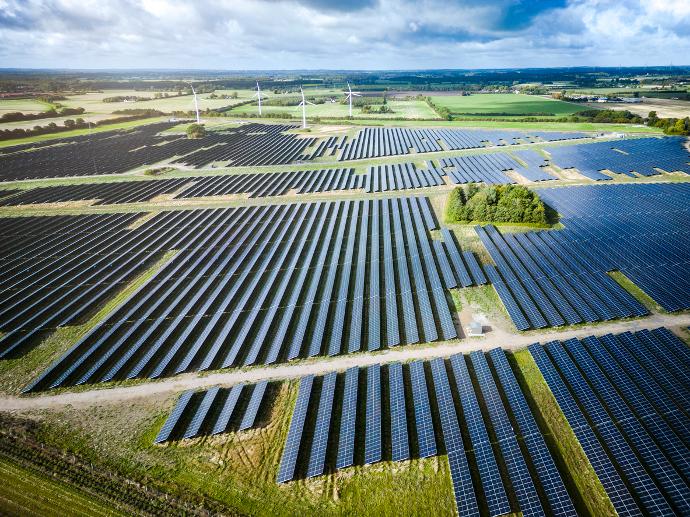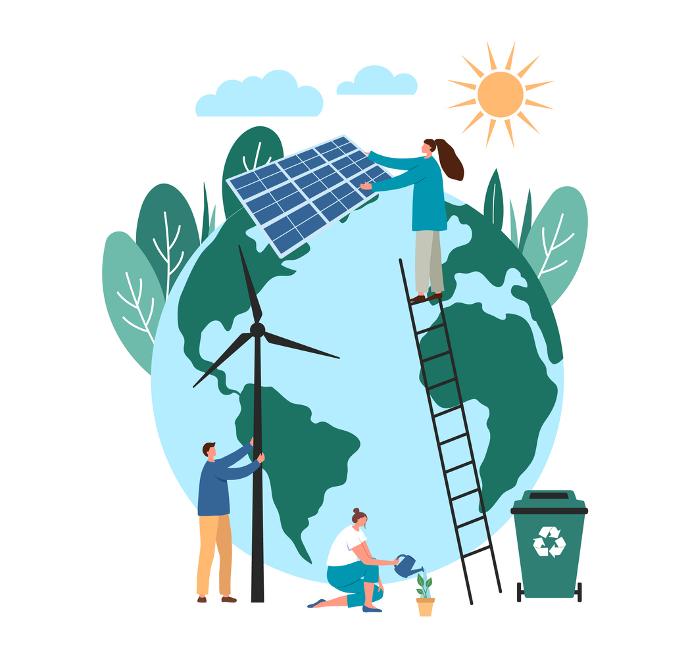Rentabilité des panneaux solaires : Sans incitants financiers, est-ce vraiment intéressant ?
In a world constantly looking for sustainable solutions, photovoltaic solar energy has emerged as a promising alternative to fossil fuels. However, with the end of most financial incentive policies in Belgium, a crucial question is emerging: can photovoltaics remain an economically viable option in the absence of government subsidies and support ?
La réponse est OUI.
The answer is YES, investing in photovoltaics remains profitable and the return on investment is often less than 10 years.

Plusieurs facteurs expliquent la rentabilité des panneaux solaires, même sans aides ou incitants financiers.
1. Lower solar panel costs
Over the years, the cost of solar panels has fallen considerably, making the installation of photovoltaic systems more affordable for private individuals and businesses. This reduction in costs is the result of technological advances and an increase in the worldwide production of solar panels.
2. Increase in the efficiency of solar panels and their lifespan
Modern solar panels are much more efficient than those used a few decades ago. They can capture solar energy more efficiently, which means you can produce more electricity from a smaller surface area, maximising the return on your investment. What's more, their lifespan has increased considerably (over 30 years!).
3. Lower installation costs
As well as reducing the cost of solar equipment, installation costs have also fallen as a result of the increased competitiveness of companies in the sector. In addition, solar installation standards and regulations have become simpler and more uniform, reducing administrative and labour costs.
4. Économies à long terme
Even without direct financial incentives, investing in a photovoltaic system remains profitable because of the long-term savings on electricity bills. You can reduce your dependence on traditional energy suppliers by generating your own electricity, which can lead to substantial savings in the long term.
5. Global warming and individual responsibility
Switching to solar energy accelerates the global energy transition and helps to reduce greenhouse gas emissions and combat climate change. With the future of humanity now at stake, more and more companies and individuals are looking to invest in renewable energy sources for their environmental performance.

6. Energy storage
Advances in energy storage technologies, such as home batteries, mean that electricity generated by solar panels can be stored for later use, making photovoltaic systems even more profitable and energy independent.
7. Enhanced property value: greater appreciation of your home
Installing solar panels can also increase the value of your property, making it an even more attractive investment in the long term.
In conclusion, although the removal of financial incentives may discourage some investors, photovoltaics remains profitable in Belgium thanks to the overall reduction in prices, the increased efficiency of solar panels, the long-term savings, the environmental aspect and other benefits associated with using solar energy.
